

Matt Campbell
2025 Porsche 911 Carrera T review
5 Days Ago

Contributor
Over-the-air software updates are becoming commonplace in new cars, but Ferrari has confirmed it won’t offer them – and it’s also dropping satellite navigation.
New models – including the Purosangue SUV and new 12Cilindri grand tourer – will soon do without embedded satellite navigation, instead relying on owners to bring their own smartphones to use mirroring services such as Apple CarPlay and Android Auto.
“We’ll keep improving the customer’s life on board. Simplification, quickness of response, and easiness of final solutions,” said Emanuele Carando, Ferrari’s head of global marketing.
“On the Purosangue and 12Cilindri, we decided not to have the embedded navigation system anymore.

“On one side of this we diminished the computing power, but we did this because we think the phone [mirroring technology] is the most user-friendly and updated system.
“Our cars are not used on an everyday basis, and we don’t want our clients to learn every time what kind of system they have to use.
“[If] they have their phone, they have Apple and Google maps, the most useful things they can use on every car.”
Apple CarPlay and Android Auto are standard across the Ferrari model range, despite previously being a cost option.
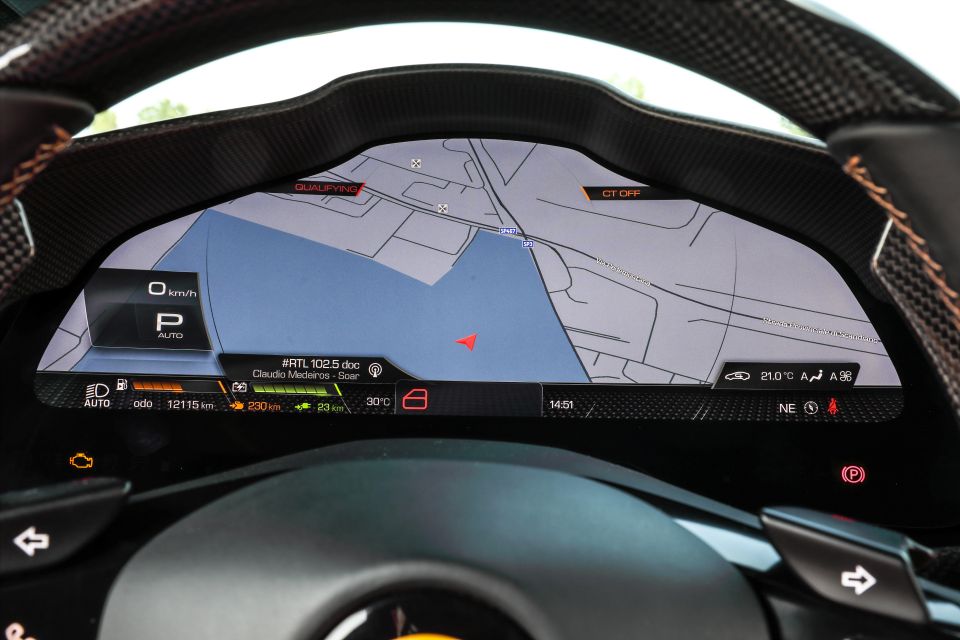
Though both systems are now included in almost every car on sale in Australia – including the $20,690 drive-away Kia Picanto – it was a Ferrari that became the first vehicle globally to offer Apple CarPlay in 2014, opening the floodgates for other manufacturers.
Ferrari’s departure from using satellite navigation and reliance on smartphone mirroring technology comes as major carmakers such as General Motors move towards developing their own systems.
GM announced it won’t offer the smartphone mirroring tech in upcoming EVs, starting with the Chevrolet Blazer EV later this year, with future models to instead run the Ultifi operating system that’s based on Android Automotive.
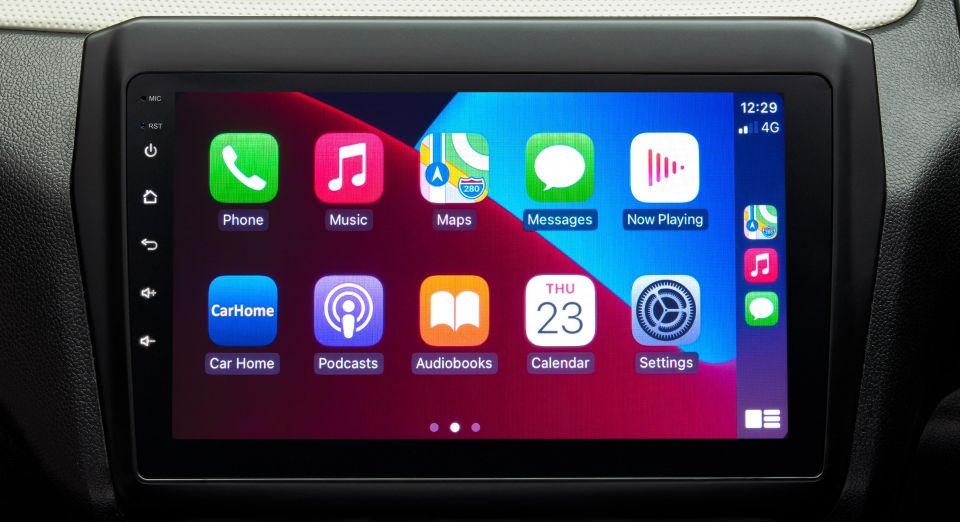
Mr Carando also said Ferrari won’t offer over-the-air system updates for its vehicles, citing security concerns with doing so – though it’ll continue to offer software updates through traditional workshop services.
“None of our cars over-the-air updates because we want to make sure we have full control on our cars and we don’t want to risk any potential external infringement of our security,” he said.
The removal of a satellite navigation system makes it easier for over-the-air updates to be omitted, as Apple CarPlay and Android Auto interfaces are updated in line with a smartphone’s operating system.
MORE: Why GM is dropping Android Auto, Apple CarPlay from future EVs
Where expert car reviews meet expert car buying – CarExpert gives you trusted advice, personalised service and real savings on your next new car.
Born and raised in Canberra, Jordan has worked as a full-time automotive journalist since 2021, being one of the most-published automotive news writers in Australia before joining CarExpert in 2024.


Matt Campbell
5 Days Ago


James Wong
4 Days Ago


Max Davies
3 Days Ago
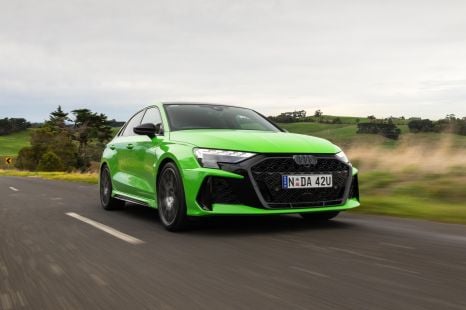

Josh Nevett
2 Days Ago
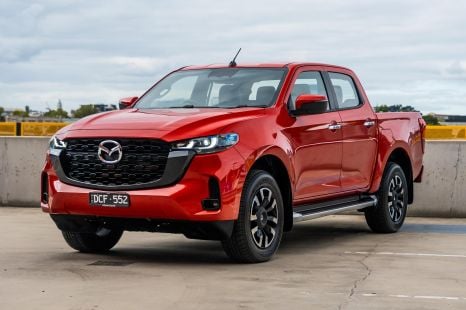

Josh Nevett
1 Day Ago
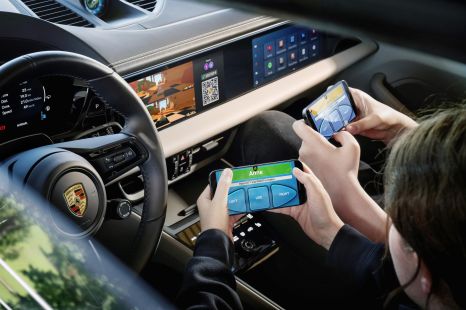

James Wong
18 Hours Ago